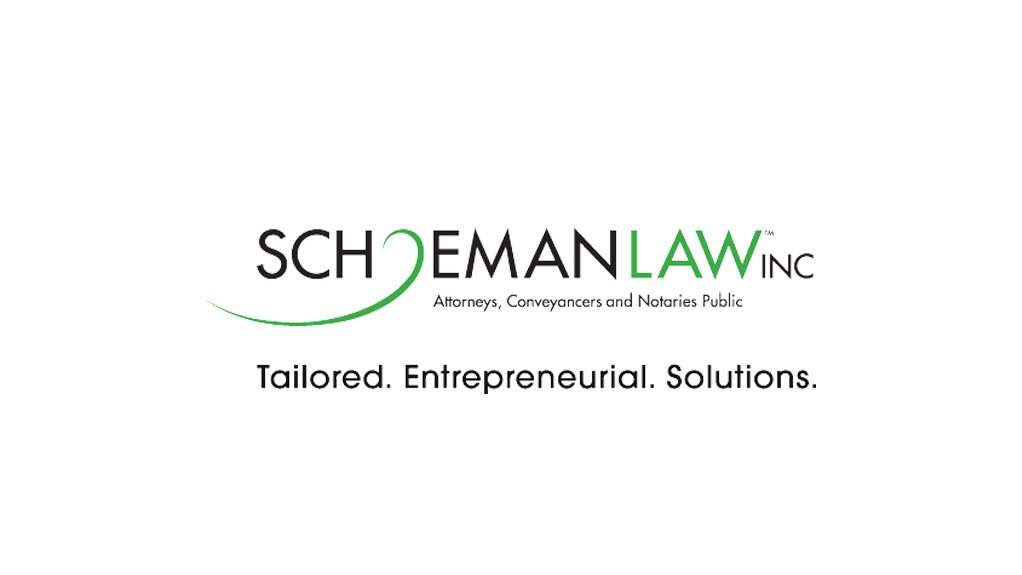Under South African law the first document that breathes life into a company’s legal framework, is its Memorandum of Incorporation (hereinafter “MOI”). A MOI is required to comply with provisions of the Companies Act 71 of 2008 as amended (hereinafter “the Act”).
This document contains the rights, duties and responsibilities of all involved with the operation of the company including directors, any prescribed officer of the company and the shareholders. Further, it also regulates the relationship and dealings that certain individuals or stakeholders would have in regards to the Company.
Previously, companies had two separate documents governing its operation. The first was the Memorandum of Association which dealt with all external affairs of the company while the Articles of Association covered all internal workings of the company. These two documents worked hand-in-hand and can be considered as the previous two-document version of the now one-document MOI.
Structure of the MOI
Since a MOI can be customised, the content of each company’s MOI would vary depending on the nature of their operation. As per S15(2)(a)(i) of the Act, the MOI may contain provisions altering any provision of the Act, in substance or effect, as long it is so allowed by the Act. Stated in the alternative, a company’s MOI may change or customise any provision in the Act relating to MOI’s as long as it is permitted by the Act. S15(2)(d) further states that the MOI cannot include a provision that negates a provision of the Act relating to MOI’s in substance or effect where that provision is deemed ‘unalterable’ by the Act.
Standard versions of this type of document that comply with the Act can be found through a relatively easy online search with companies in various fields offering standard versions more relevant for their professional environment. One would still be encouraged to have a legal professional look these through to ensure compliance and that the best possible MOI is formulated to serve its purpose.
MOI’s would usually contain information such as the purpose for which the company was created, the extent of and restrictions placed on directors’ powers of authority, shareholders’ meetings and procedures, how the company will operate in terms of acquiring or disposing of assets and other procedural and administrative processes.
As per S15(1)(b) of the Act, if the MOI of a company contains any provision that is inconsistent with that of the Act, such a provision would be ‘void to the extent that it contravenes, or is inconsistent with, this Act’. The meaning behind this is quite clear, if there are any inconsistencies between the MOI and the Act, the Act would take preference over the MOI to the point up until the MOI is considered valid.
Such a provision would be of great assistance to companies where a complex MOI is in place which would have been fully valid and enforceable but for a minor irregularity. As a reminder it would be encouraged to expressly mention this provision in any MOI even though it is not necessary in order to be applied. This way if such an irregularity does rear its head in the unforeseeable future, an easy point of departure could be referred to that harmonises the document with the Act.
Conclusion
With government pushing to increase entrepreneurship in the country in order to decrease levels of unemployment, information regarding such a vital piece of documentation should be vastly and easily accessible to those looking to take the leap into the world of entrepreneurship.
It would come highly recommended that before one takes that leap, a safety-net in the form of a structured framework be solidified through the usage of documents like the MOI.
Furthermore, a legal expert should be consulted with to ensure that any potential shortfalls or inconsistencies are dealt with before they pose a threat to the operation of the company.
Contact SchoemanLaw Inc today for expert advice for all your business needs. Alternatively you may download your own customisable MOI from the SchoemanLaw SME Self-Service Desk.
Written by Jared Poole, Candidate Attorney, SchoemanLaw Inc.
EMAIL THIS ARTICLE SAVE THIS ARTICLE ARTICLE ENQUIRY
To subscribe email subscriptions@creamermedia.co.za or click here
To advertise email advertising@creamermedia.co.za or click here











